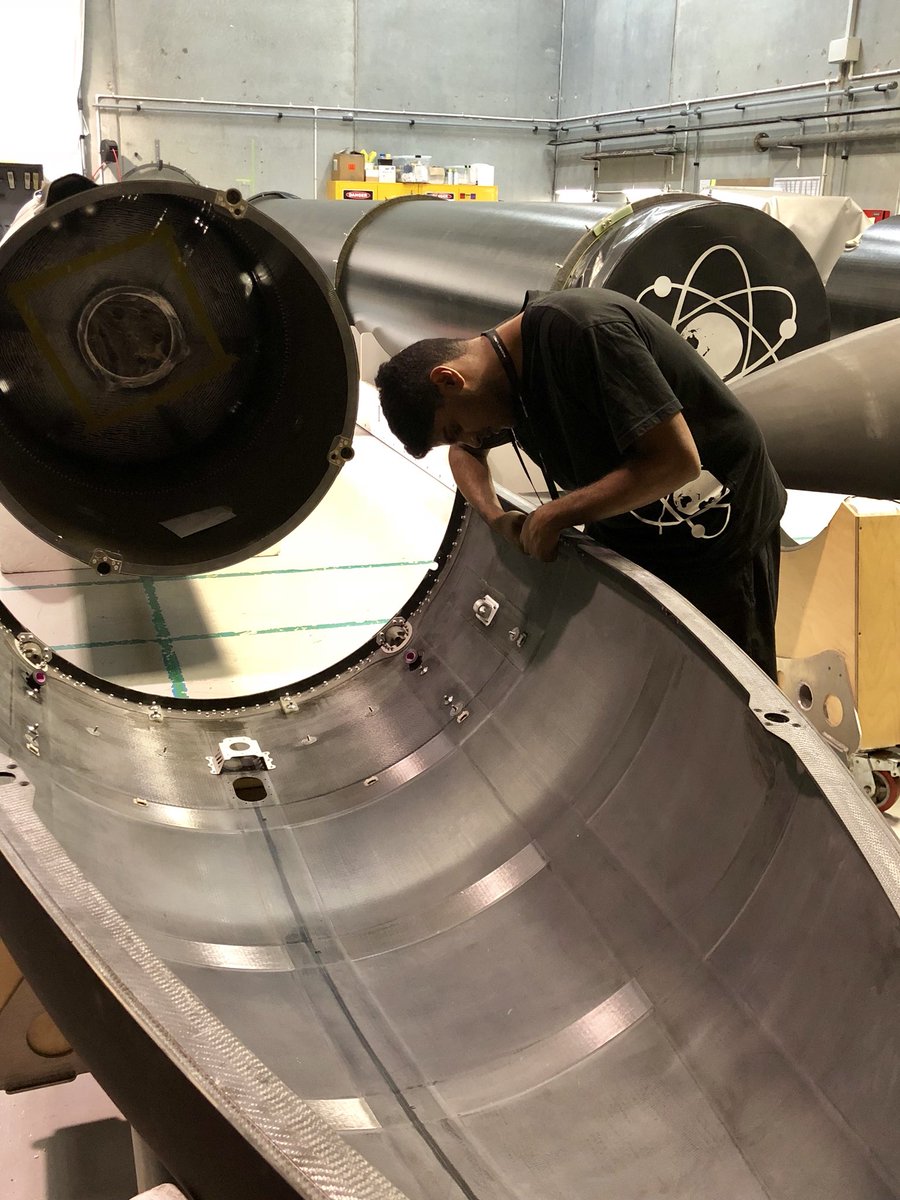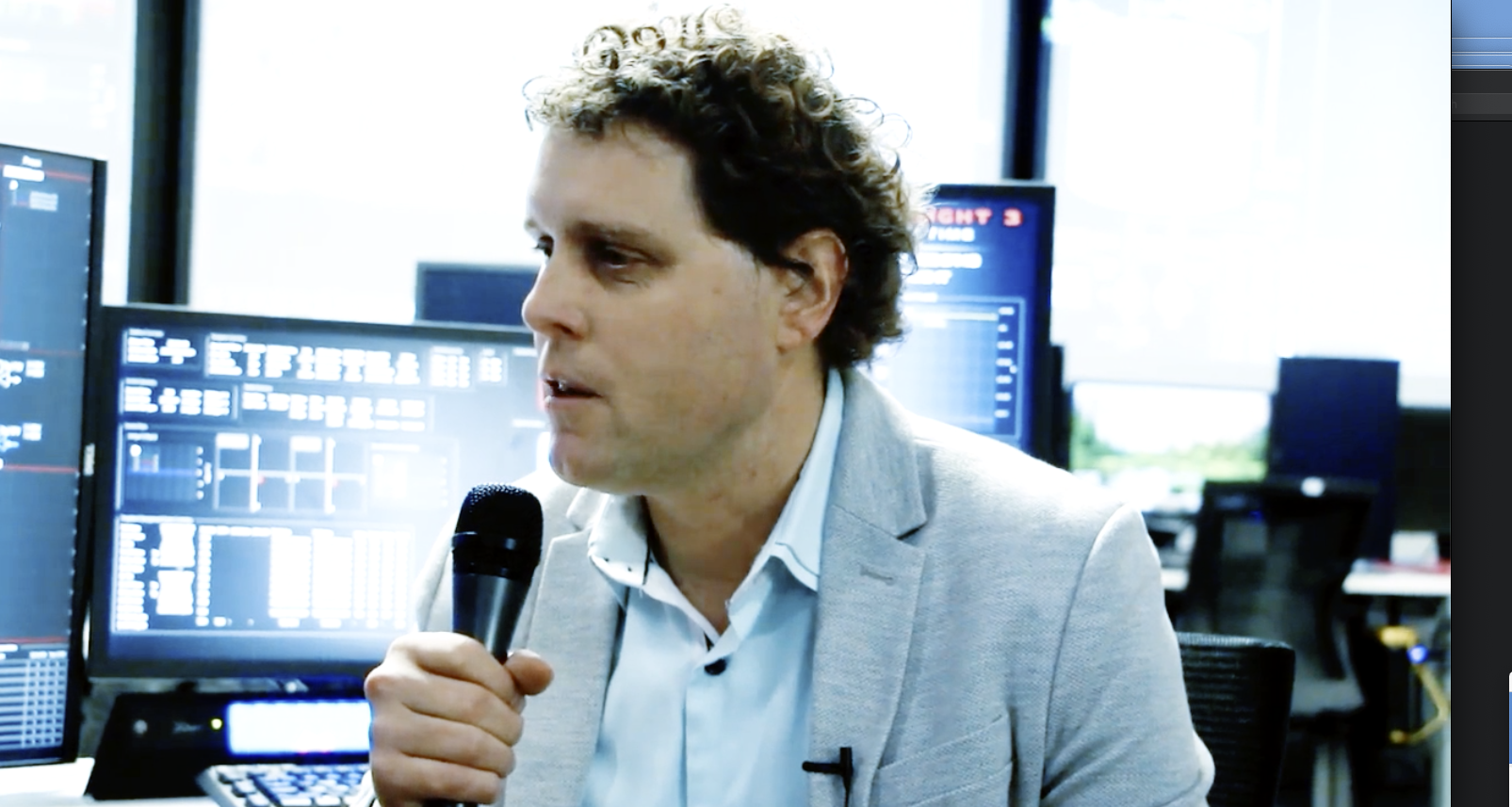

We have seen a significant downturn in the equity space overall, but especially in some of these high growth spaces that aren't necessarily profitable. So what we're trying to build here is actually an end-to-end space company, where customers come to us and we build their satellites, we launch their satellites, and sometimes we even manage their satellites on orbit for them.ĪKIKO FUJITA: You are a publicly traded company. Our business is bigger than our rocket business. So while launch is a very important element of the company, and it is the enabler, and we've got a very active rocket program, actually, the Space System's part of it. And it's probably something to do with the name, but the reality is that 2/3 of our revenue actually come from our Space Systems Division.

Most people think of Rocket Lab as a launch company. PETER BECK: Yeah, so I think it's important. Does that incorporate those two pieces that you just mentioned? But by having the electron launch vehicle, which is, as you mentioned, leading the market on small launch, when we bring on Neutron, it really gives us about 85% of the addressable market we can actually address with those two launch vehicles.ĪKIKO FUJITA: And so you mentioned that the TAM, specifically this whole addressable market, expanding significantly over the next few years. And small launch is obviously a segment of that. PETER BECK: So the total launch market is around about a $20 billion TAM. In terms of small satellites, how big is that market, and how quickly is expanding for you right now? You've obviously now looked at Virginia as sort of the key spot, but you've now gone through, what, is it 30-ĪKIKO FUJITA: 30 successful launches. So that gives us confidence we can meet those timelines.ĪKIKO FUJITA: In the meantime, your core business obviously looking at the Electron launch here. And, you know, this isn't our first rodeo. So there's a whole bunch of stuff we move directly across.
#PETER BECK ROCKET LAB SOFTWARE#
So the avionics and software don't care what size the rocket is. But, you know, given that it's a similar kind of time frame that we developed Electron, the rocket that we launch now, and we're leveraging a lot of the things that are on our current launch vehicle that port basically directly across to Neutron. PETER BECK: Yeah, we're trying to get something on the pad by 2024, which is a pretty aggressive timeline. What does the timeline look like for launch on that right now? So, for us, it's a really significant piece of asset and time reduction.ĪKIKO FUJITA: Yeah, Neutron obviously that next step in terms of where the company is headed. So our ability to kind of come in there and take over that infrastructure really accelerates our program and accelerates the timeline for us to be able to deliver Neutron to the market. And it would take you half a decade to build that infrastructure there. So we are super fortunate to be able to leverage government- a previous government asset. And in order to test engines quickly and efficiently, you need very large infrastructure. PETER BECK: Yeah, so we're developing Neutron, which is a medium to larger launch vehicle.

But what does this particular location mean in terms of your ability to build on Rocket Lab's ambitions?

Obviously, there was already a big footprint there for this space. Let's start with that 10-year lease at the NASA test site in Mississippi. Peter, great to talk to you on the back of what was a very eventful investor day. Here in studio, we've got Rocket Lab founder and CEO, Peter Beck.


 0 kommentar(er)
0 kommentar(er)
